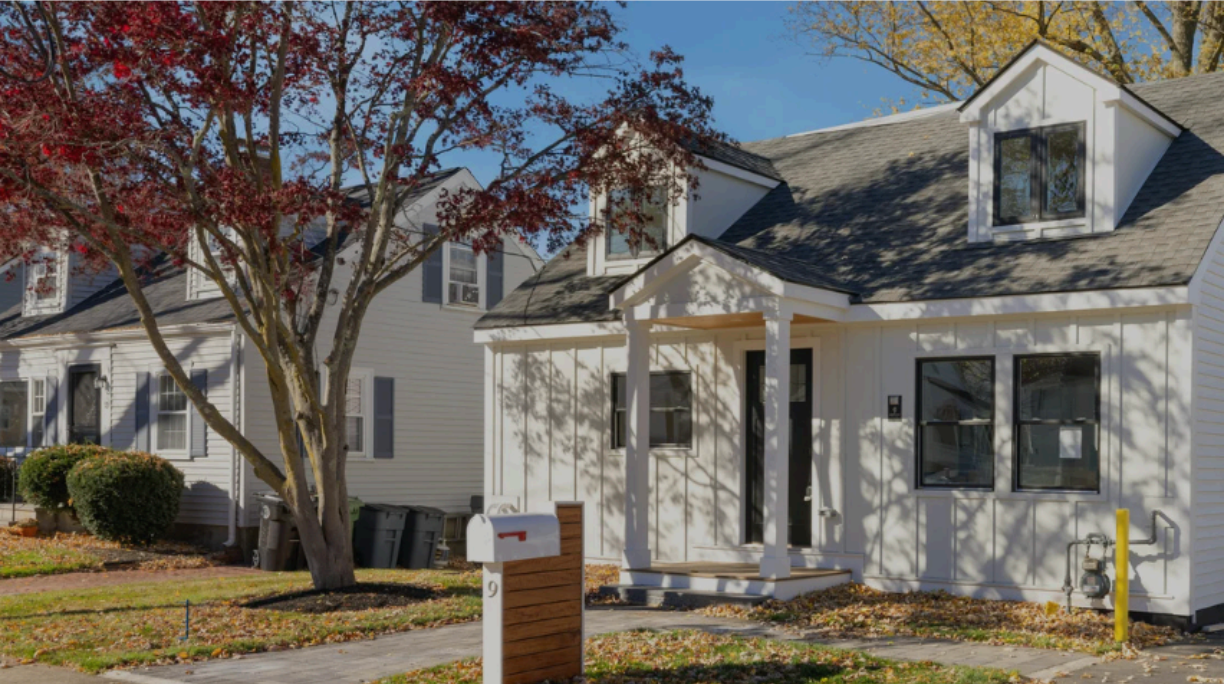Index Growth Slows Further In January
In January the Teranet–National Bank National Composite House Price IndexTM was up 0.3% from the previous month. It was the third consecutive month in which the index rose less than the month before. The increase was led by five of the 11 constituent markets: Hamilton (2.0%), Montreal (1.0%), Victoria (0.6%), Halifax (0.4%) and Vancouver (0.4%). Rises of less than the countrywide average were reported for Quebec City (0.3%) and Ottawa-Gatineau (0.1%). Indexes were down from the month before in Toronto (−0.1%), Calgary (−0.2%), Edmonton (−0.4%) and Winnipeg (−0.4%). After three months – September, October, November – in which all 11 markets of the composite index were up from the month before, it was a second consecutive month in which one or more markets were down on the month.
The price rise is consistent with the rise of home sales volume over the last several months as reported by the Canadian Real Estate Association. For a fifth straight month, the number of sale pairs[1] entering into the 11 metropolitan indexes was higher than a year earlier. The unsmoothed composite index, seasonally adjusted, was up 0.9% in January, suggesting that the published (smoothed) index could continue its uptrend.





